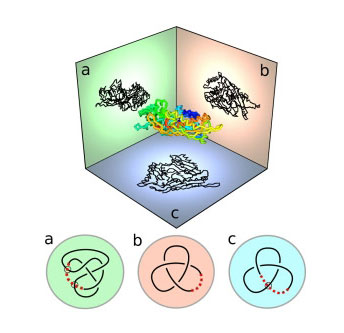 A new study has shown that knots in proteins can be understood using 'virtual knots' - a branch of knot theory previously considered as abstract and without application.
A new study has shown that knots in proteins can be understood using 'virtual knots' - a branch of knot theory previously considered as abstract and without application.
Feb 13th, 2017
Read more
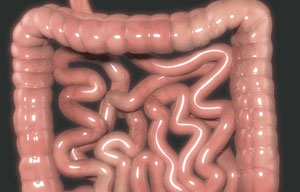 Microbes in the gut can 'disarm' antibiotics, leading to antibiotic resistance and incurable infections. A new method makes it possible to quickly detect resistance genes and, hence, choose the most efficient type of antibiotic treatment.
Microbes in the gut can 'disarm' antibiotics, leading to antibiotic resistance and incurable infections. A new method makes it possible to quickly detect resistance genes and, hence, choose the most efficient type of antibiotic treatment.
Feb 10th, 2017
Read more
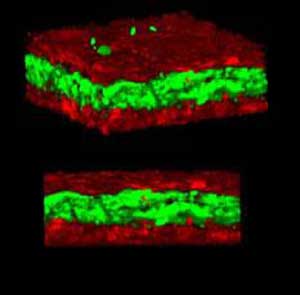 Scientists have found a way to create 3D heart tissue that beats in synchronized harmony, like a heart in love, that will lead to better understanding of cardiac health and improved treatments.
Scientists have found a way to create 3D heart tissue that beats in synchronized harmony, like a heart in love, that will lead to better understanding of cardiac health and improved treatments.
Feb 10th, 2017
Read more
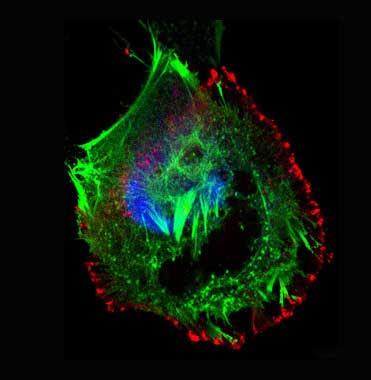 Researchers have developed a novel technique that stops cervical cancer cell migration.
Researchers have developed a novel technique that stops cervical cancer cell migration.
Feb 10th, 2017
Read more
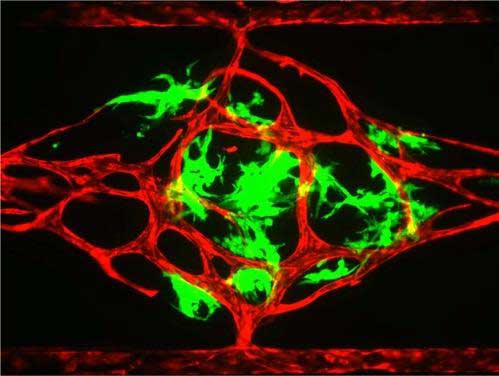 Microtissue technology seen as improvement for drug compound discovery.
Microtissue technology seen as improvement for drug compound discovery.
Feb 8th, 2017
Read more
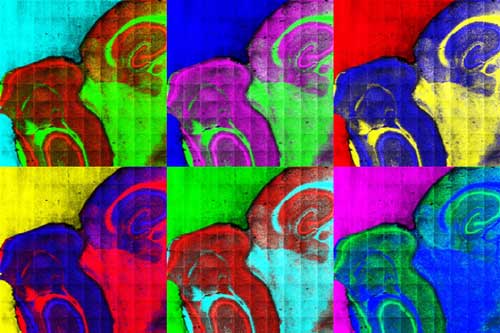 A special spectrometry method that is normally used in analyses of computer chips, lacquers and metals has been further developed so that it can help researchers better detect harmful cells in the body.
A special spectrometry method that is normally used in analyses of computer chips, lacquers and metals has been further developed so that it can help researchers better detect harmful cells in the body.
Feb 8th, 2017
Read more
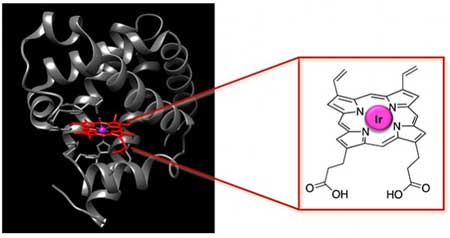 Scientists replace iron in muscle protein, combining the best aspects of chemical and biological catalysts for enhanced production of chemicals and fuels.
Scientists replace iron in muscle protein, combining the best aspects of chemical and biological catalysts for enhanced production of chemicals and fuels.
Feb 7th, 2017
Read more
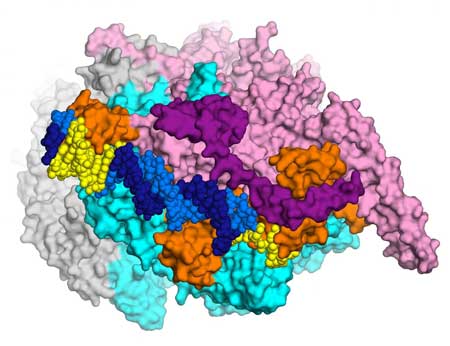 With the first detailed analysis of a cellular component from a close relative of the pathogen that causes tuberculosis, scientists are suggesting strategies for new drugs to curb this growing health problem.
With the first detailed analysis of a cellular component from a close relative of the pathogen that causes tuberculosis, scientists are suggesting strategies for new drugs to curb this growing health problem.
Feb 3rd, 2017
Read more
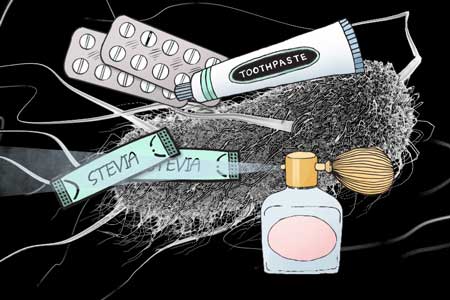 Engineered bacteria produce rare and commercially useful compounds in large quantities.
Engineered bacteria produce rare and commercially useful compounds in large quantities.
Feb 3rd, 2017
Read more
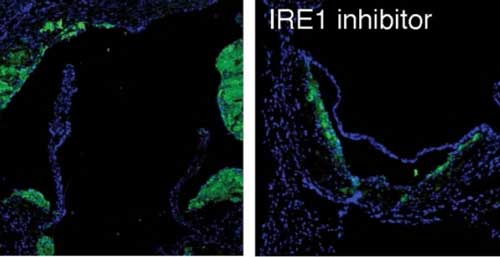 Cell biologists show that blocking a critical enzyme helps to mitigate diseases associated with protein folding and lipid stress.
Cell biologists show that blocking a critical enzyme helps to mitigate diseases associated with protein folding and lipid stress.
Jan 31st, 2017
Read more
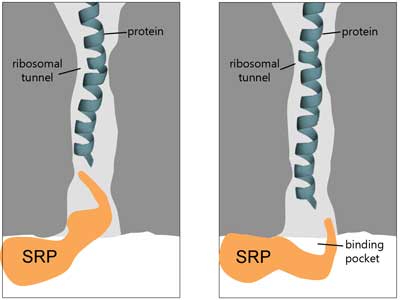 Researchers discover new molecular details about protein sorting in the cell.
Researchers discover new molecular details about protein sorting in the cell.
Jan 31st, 2017
Read more
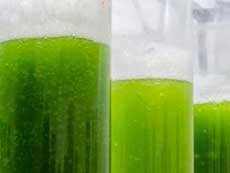 Researchers have developed a method that improves the growth of microalgae, which could have big implications for production of biofuels and other valuable chemicals.
Researchers have developed a method that improves the growth of microalgae, which could have big implications for production of biofuels and other valuable chemicals.
Jan 30th, 2017
Read more
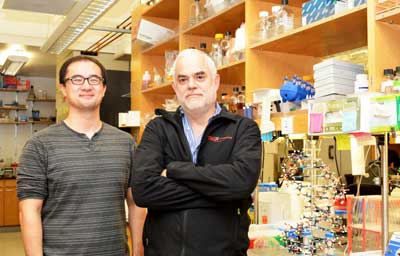 Researchers created a new bacterium that uses the four natural bases (called A, T, C and G), which every living organism possesses, but that also holds as a pair two synthetic bases called X and Y in its genetic code.
Researchers created a new bacterium that uses the four natural bases (called A, T, C and G), which every living organism possesses, but that also holds as a pair two synthetic bases called X and Y in its genetic code.
Jan 23rd, 2017
Read more
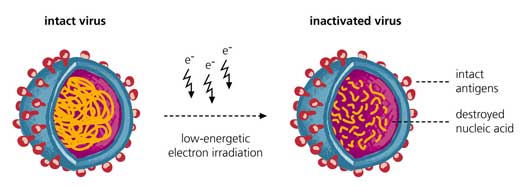 Many vaccines contain viruses that are inactivated to prevent them from harming recipients. This is generally achieved by adding chemicals. Now scientists are taking a different approach, using low-energy-electrons to irradiate the pathogens. The advantages of this new method are that it produces no toxic waste and provides a faster and less aggressive way of rendering pathogens inactive.
Many vaccines contain viruses that are inactivated to prevent them from harming recipients. This is generally achieved by adding chemicals. Now scientists are taking a different approach, using low-energy-electrons to irradiate the pathogens. The advantages of this new method are that it produces no toxic waste and provides a faster and less aggressive way of rendering pathogens inactive.
Jan 18th, 2017
Read more
 A new type of adhesive that combines the bonding chemistry of shellfish with a bio-based polymer has been shown to perform as well as commercially available products and can be easily degraded, representing a potential non-toxic alternative.
A new type of adhesive that combines the bonding chemistry of shellfish with a bio-based polymer has been shown to perform as well as commercially available products and can be easily degraded, representing a potential non-toxic alternative.
Jan 17th, 2017
Read more
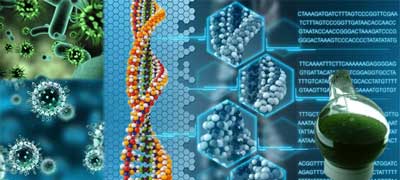 Scientists have developed a model that can be used to assess emerging synthetic biology products, well before they are ready for the market, to determine what needs to be done to inform future policies.
Scientists have developed a model that can be used to assess emerging synthetic biology products, well before they are ready for the market, to determine what needs to be done to inform future policies.
Jan 17th, 2017
Read more
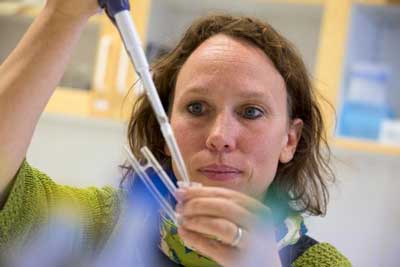 Researchers have developed a method that makes it possible to see how individual molecules from solvents in skin creams, medicated ointments and cleaning products affect and interact with the skin's own molecules.
Researchers have developed a method that makes it possible to see how individual molecules from solvents in skin creams, medicated ointments and cleaning products affect and interact with the skin's own molecules.
Jan 17th, 2017
Read more
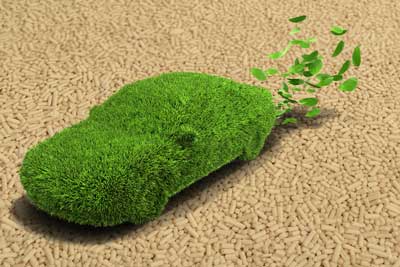 Chemical engineers have genetically reprogrammed a strain of yeast so that it converts sugars to fats much more efficiently, an advance that could make possible the renewable production of high-energy fuels such as diesel.
Chemical engineers have genetically reprogrammed a strain of yeast so that it converts sugars to fats much more efficiently, an advance that could make possible the renewable production of high-energy fuels such as diesel.
Jan 17th, 2017
Read more
 A new study has shown that knots in proteins can be understood using 'virtual knots' - a branch of knot theory previously considered as abstract and without application.
A new study has shown that knots in proteins can be understood using 'virtual knots' - a branch of knot theory previously considered as abstract and without application.
 Subscribe to our Biotechnology News feed
Subscribe to our Biotechnology News feed















